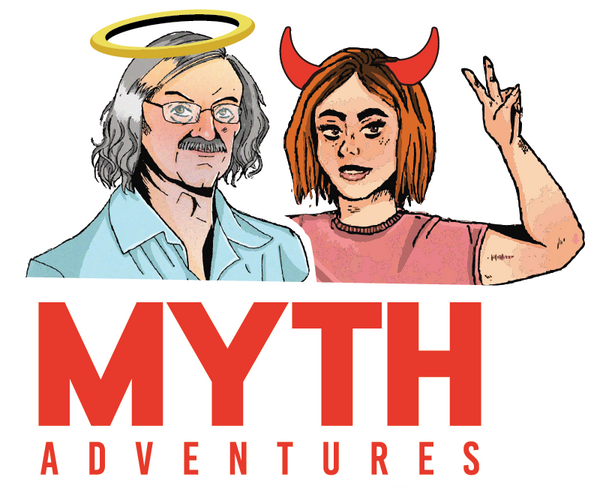Dungeons and Dragons, one of the oldest and most well known TTRPGS ( Table Top Role Playing Games) has seen an explosion in popularity in recent years, due to media like Stranger Things and online live play games like Critical Role or Dimension 30, which means you've likely brushed up against the world of Dungeons & Dragons (D&D). It’s a game where you become a hero (or a villain), make choices, battle monsters, and tell a story with a group of friends.

Getting started might seem overwhelming, but the truth is; you don’t need to know everything to begin. At its core DND is about improvisation. Here's how to take your first steps into the game:
1. Understand What D&D Is
At its core, D&D is a collaborative storytelling game. One person takes on the role of Dungeon Master (DM) the narrator and puppetmaster of the story while the others play characters in a shared world. Together, you explore, solve problems, interact with NPCs and roll dice to determine outcomes.
2. Start Small — Try a One-Shot or Starter Set
The easiest way to get a feel for the game is with a one-shot (a single-session adventure) or a D&D starter set. We have a ton of pre-made adventures here at Myth and we can help you find the best for your adventure!
Ex : D&D Starter Set: Dragons of Storms Wreck Isle, D&D Essentials Kit (These include pre-made characters, simplified rules, and a ready-to-run adventure. Perfect for newcomers!)
3. Find a Group
You can’t play D&D alone.
Ask Friends: You’d be surprised how many people are curious about D&D but are waiting for someone to say something.
We Host D&D at Myth: We have a group that plays every Saturday and Saturday. However feel free to talk to us at the store if you want to play with your group.

4. Create a Character (or Use a Pre-Made One)
Characters are at the heart of D&D. You’ll pick a race (like elf or dwarf), a class (like wizard or fighter), and fill out a character sheet. If that sounds like a lot don't worry, pre-made characters are available. Tools like D&D Beyond make it easy to create characters and understand your abilities, however this is not necessary. You can still use pen and paper.
5. Learn the Basics (But Don’t Stress)
You don’t need to memorize the rulebook. Learn as you go.
The D20: Most of the game revolves around rolling a 20-sided die to see if you succeed or fail; this will determine what your characters can accomplish in the game. ( Don't stress if you fail; however, some of the best story moments come from failing.)
Roleplaying: This is not necessary but as you get more comfortable with the game and the people around you, it becomes an integral part of the experience.
Combat: Involves turns, movement, and dice rolls, but your DM can guide you through combat as you play the game.
Start by watching a few gameplay sessions online or ask questions with us. We are always happy to answer any questions you might have!
6. Don't Worry about the Rules
D&D is not about playing the rules perfectly, it's about creativity, and collaboration. Make bold choices, try to get in character, laugh when things go wrong. The best moments often come from failed rolls or unexpected complications!

Join Us Every Saturday and Sunday for Dungeons and Dragons at Myth!


